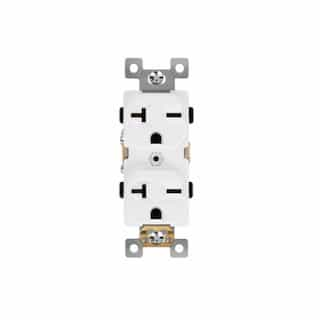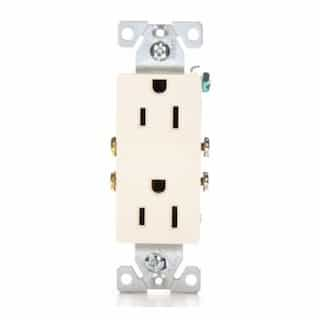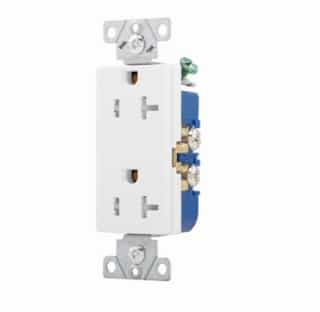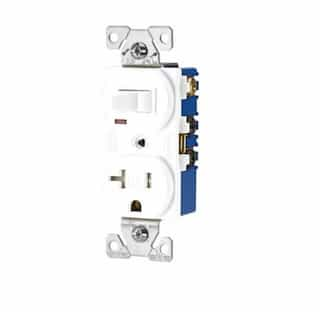When to Change Your Outlets
Outlets are probably the unsung heroes of the appliance world. They are essential for all of our devices that we use every day, especially those that need charging: ie. cellphones, tablets, power tools, etc. But since electrical outlets continue to go unnoticed, it becomes difficult for us to tell when it’s time for them to be replaced. Here are some things to be on the lookout for when you are considering changing an outlet.
.jpg&w=640&q=50)
*If your wiring is more than 30 years old, or you are inexperienced with retrofitting and/or rewiring, we highly recommend contacting an experienced professional electrician first*
Cracked Outlets:
One of the greatest dangers that you need to be on the lookout for are outlets that contain cracks or that have gaps. These can collect dust and cause a fire hazard within your home. For more information check out our blog, “Fire Prevention: How Much Voltage Can My Circuit Handle At Home.”

Fire Hazards for an Outlet:

When too much of those listed substances are collected, it can prevent the socket from receiving any more electrical input. In certain situations this can lead to an explosion in your house.
*Be aware that the gaps between an outlet and the wall should be no greater than 4.5mm*
Overheated Outlets:
When you are checking to see if your outlet has overheated, you want to look for soot around the wall plate. This won’t necessarily confirm that there is overheating, so the easiest way to check for overheating is by feeling the screws of the wall plate. If the screws are hot your outlet is most definitely overheating.
If the screws aren’t hot and you find soot it is possible that it could have been collected from a candle or something similar.
Reasons for Overheating:

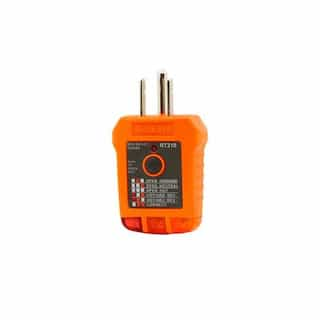
Using appliances such as a hair dryer or curling iron can cause the wall plate to heat up and give the appearance that it is overheating. To be sure that it is not, check the temperature of the screws.
One way to avoid this situation is by using a receptacle tester which will let you know whether or not you have a grounded wire. Another way is to install an electrical outlet that has a built-in tester and surge protection.
Outlet Infestation:
Another possibility that may cause you to have to change your outlets is that you may get a bed bug infestation. There have been reports of bed bugs making their homes inside of wall plates and short circuiting the wiring.

How Bed Bugs Get in the House:
- Luggage
- Old Clothing
- Boxes
- Used Furniture
These nasty critters will make their home wherever it is dark and warm in your house. To avoid this make sure that there are no cracks in the walls and the gap is no bigger than 4.5mm.
GFCI and TRR:
When you decide it is time to replace your outlet, there are some great options to choose from.
GFCI (ground fault circuit interrupter) are outlets that can be found in kitchens, restrooms, or even the outdoors. They are designed to protect you from electric shock because they turn off the power when the electric current is lost.
Check out our blog, “What is a GFCI Receptacle?” to learn more about GFCIs.

Another great option would be a TRR (tamper resistant receptacle) outlet. These are great for those with small and curious children. These outlets were made to prevent small objects from being inserted and causing electric shock.
Outlet Care Tips:
- Don’t yank cords from the outlets
- Don’t overload your outlet with too many devices
- When using heating devices limit to one per outlet
So, when you are getting ready to change your outlets make sure that you get the most out of them by following the tips listed above.
Stay Connected!
Recommended Products
Receive special deals and more, right to your inbox

